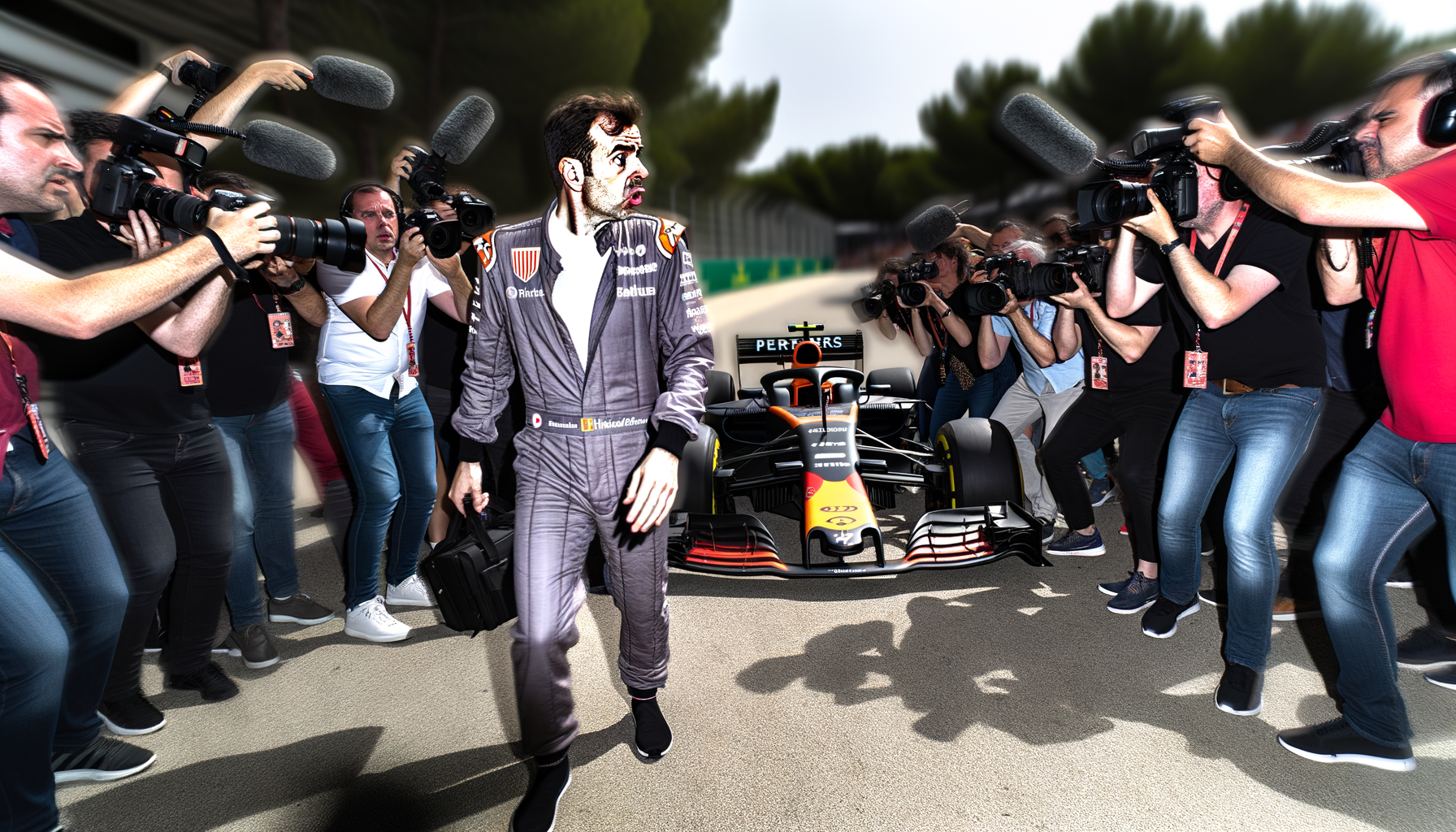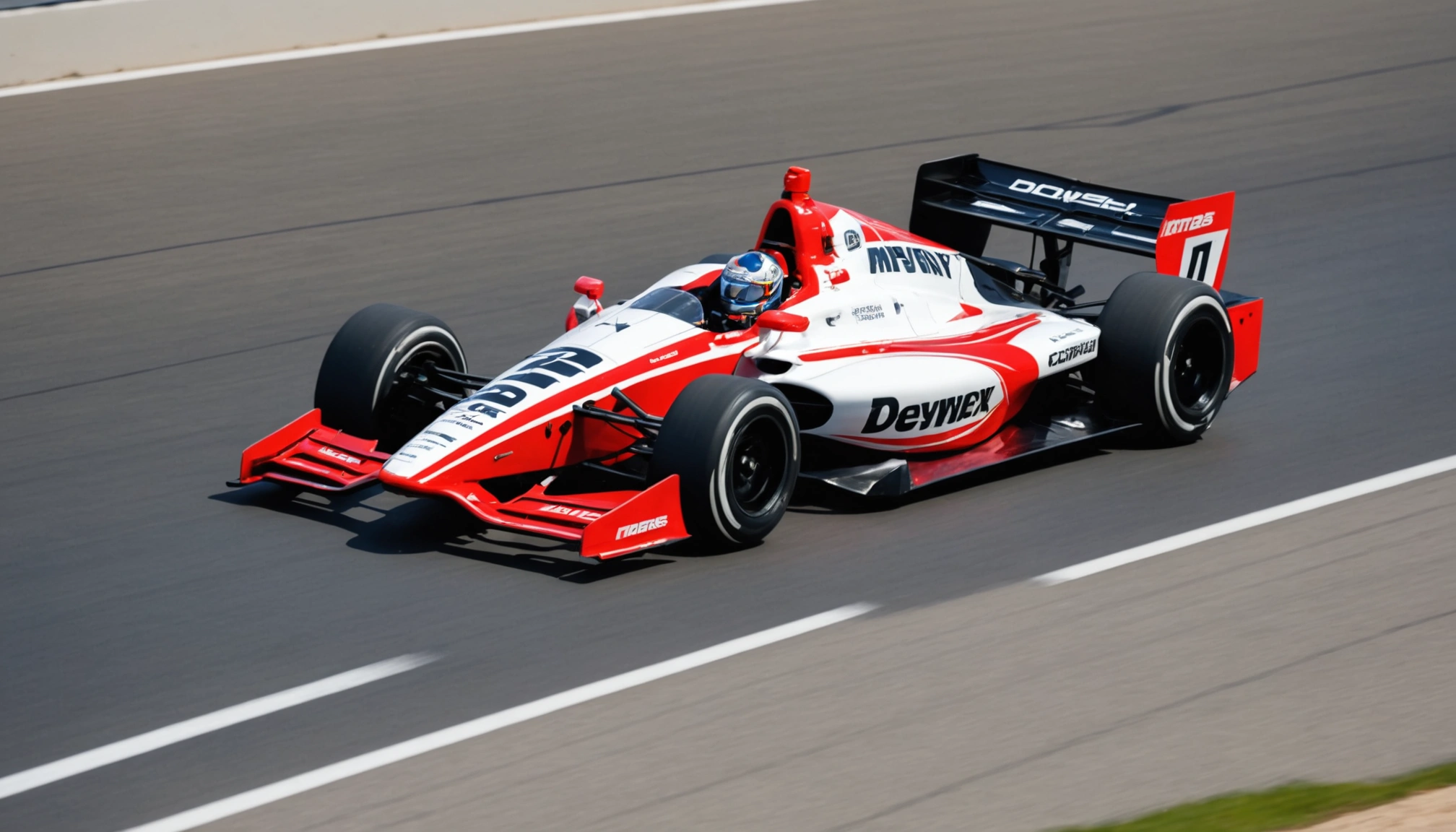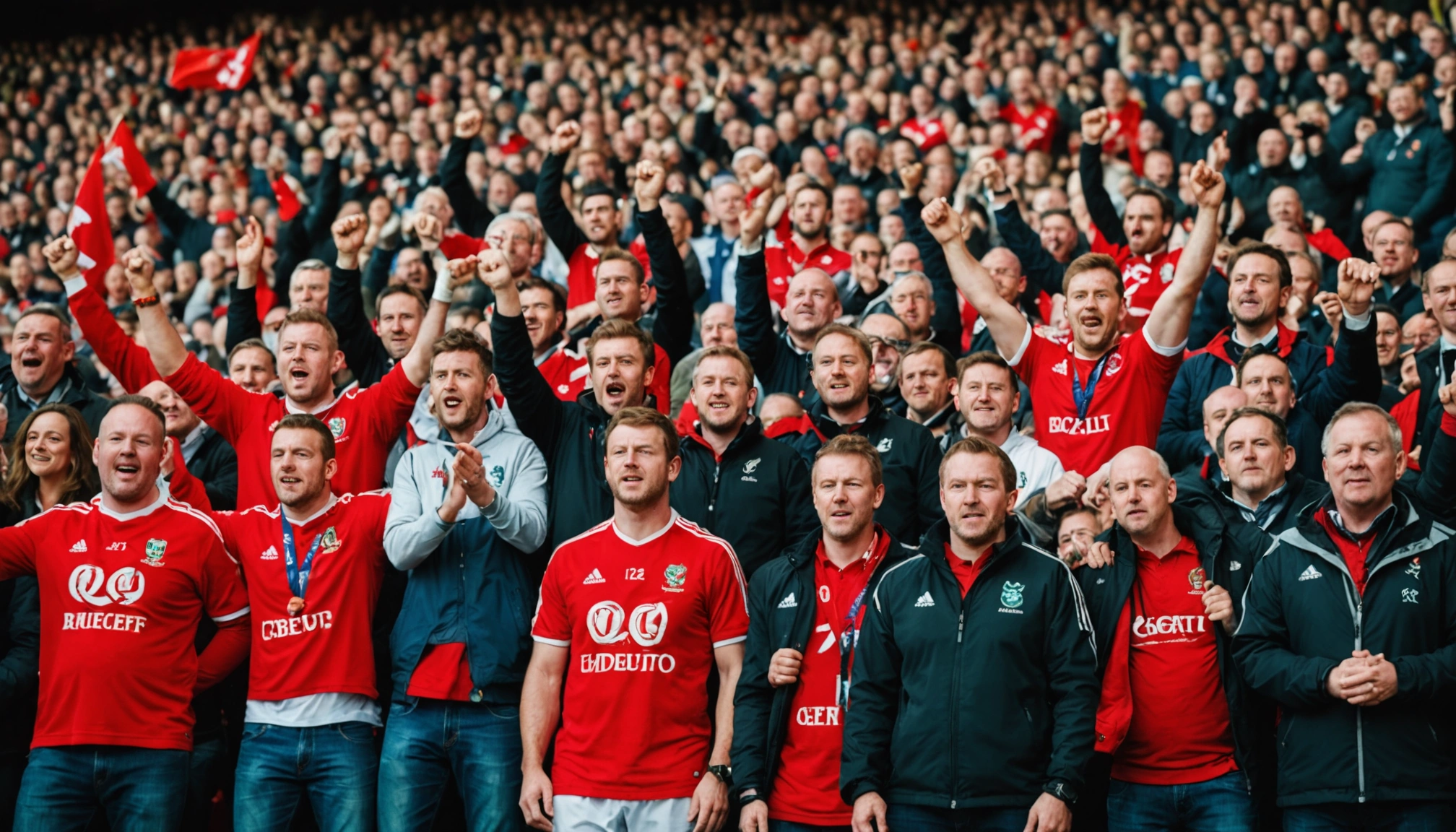Carlos Sainz Critiques F1’s Media Focus On Celebrities
Carlos Sainz criticises Formula 1’s media for focusing on celebrities and partners instead of racing, sparking a response from F1’s management.

By Editorial
Carlos Sainz Calls Out Formula 1 Media Focus
In a recent candid interview, Ferrari driver Carlos Sainz expressed frustration over the current media emphasis within Formula 1. He criticised how much attention is given to celebrities and drivers’ partners rather than the sport itself. This bold statement has sparked debate across the F1 community about the priorities of media coverage in modern motorsport.
The Rise Of Celebrity Culture In Formula 1
Formula 1 has transformed significantly in recent years, not just as a sport but as an entertainment spectacle. With the influx of celebrities attending races and the spotlight on drivers’ personal lives, F1 has become as much about lifestyle as it is about racing. Sainz’s comments highlight a growing concern among drivers that the sporting essence is being overshadowed.
Examples Of Media Priorities
Recent Grand Prix weekends have seen more headlines about which celebrities were spotted in the paddock or the glamorous partners of drivers rather than race strategies or technical innovations. This trend has been amplified by social media platforms, where off-track narratives often outshine on-track achievements. Sainz’s critique serves as a reminder of the core of F1 — the competition and skill on the track.
F1’s Response To Sainz’s Remarks
Formula 1 management responded swiftly to Sainz’s comments, emphasising their commitment to balancing entertainment with sporting integrity. They argued that celebrity involvement helps attract a wider audience, crucial for the sport’s growth globally. However, they assured fans and drivers alike that race coverage and technical content remain a priority in official broadcasts and media partnerships.
Balancing Act Between Sport And Entertainment
This situation illustrates the delicate balance F1 must maintain in today’s media landscape. While attracting new fans through celebrity appeal is beneficial, it should not come at the expense of informed and detailed race reporting that hardcore enthusiasts expect. The sport’s challenge lies in integrating both elements seamlessly.
Why This Debate Matters To Fans And Drivers
For drivers like Sainz, who dedicate their careers to racing excellence, media focus on non-racing topics can feel diminishing. Fans, too, often crave deeper insights into race tactics, car performance, and driver skills. This disconnect can affect the sport’s credibility and long-term fan engagement if not addressed thoughtfully.
Moreover, the debate resonates beyond Formula 1. Other sports, such as golf and rugby, face similar challenges in balancing celebrity culture with sporting substance. For instance, readers interested in how sporting events maintain focus on competition might find insights in our coverage of key golf tournaments to watch from September 2024 or the story on Christian Wade’s return to rugby union aiming for premiership record.
The Impact Of Media Focus On Formula 1’s Future
Media narratives shape public perception and can influence sponsorship deals, fanbase growth, and even driver marketability. If Formula 1 leans too heavily into celebrity culture, it risks alienating purist fans who have supported the sport for decades. On the other hand, expanding the audience through lifestyle and entertainment aspects can bring fresh revenue streams.
Case Study: The Netflix Effect
The success of the Netflix series "Drive to Survive" has played a significant role in popularising F1 globally by blending sporting drama with personal stories and off-track moments. While this has undoubtedly increased viewership, it also exemplifies the tension between entertainment and pure sport that Sainz highlighted.
What Can Be Done To Improve Media Coverage?
Addressing Sainz’s concerns requires a multifaceted approach. Media outlets covering F1 could prioritise technical analysis, race strategies, and driver interviews alongside lifestyle content. Formula 1’s official platforms might offer dedicated segments focusing on in-depth racing insights to satisfy hardcore fans.
Additionally, educating new fans about the sport’s complexities can deepen appreciation and loyalty. This approach could be mirrored in other sports, such as darts, where understanding the skill involved enhances viewer engagement, similar to the recent excitement around Luke Humphries defending Czech Darts Open title with flair in Prague.
Conclusion: Striking A Healthy Balance
Carlos Sainz’s critique serves as a necessary reminder for Formula 1 and its media partners to reflect on their coverage priorities. Balancing celebrity appeal with detailed sporting content ensures the sport remains authentic while continuing to grow its global audience. For fans and drivers alike, this balance is vital to preserving the spirit of Formula 1.
As F1 evolves, the ongoing conversation about media focus will shape its identity and legacy. For enthusiasts keen on diverse sports coverage, exploring stories like Great Britain’s historic Eurobasket win and what it means for UK basketball offers valuable perspective on how sports manage public and media attention.
Related topics
Editorial
Sports expert at SportsScoop
Specialist in sports analysis and journalism
Related articles
Want to read more?
Explore our comprehensive collection of sports articles and analysis, or contact us for more information.



